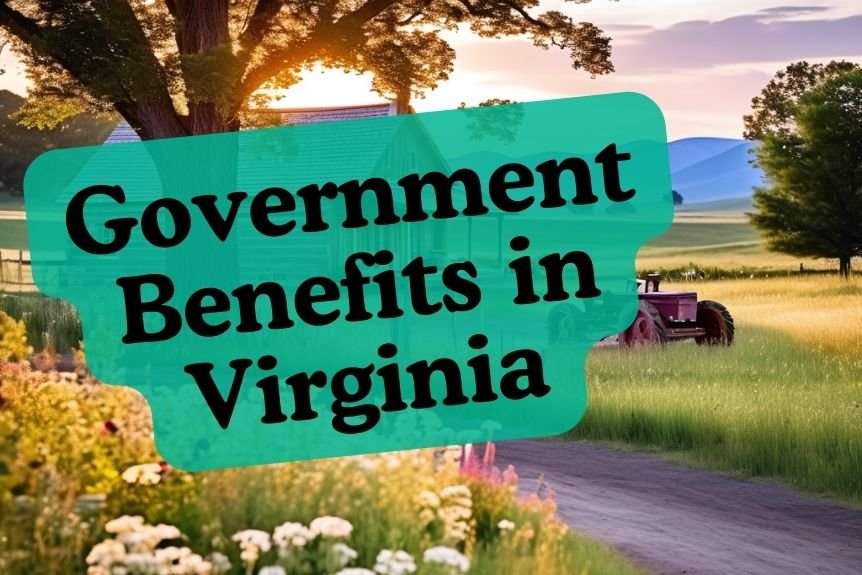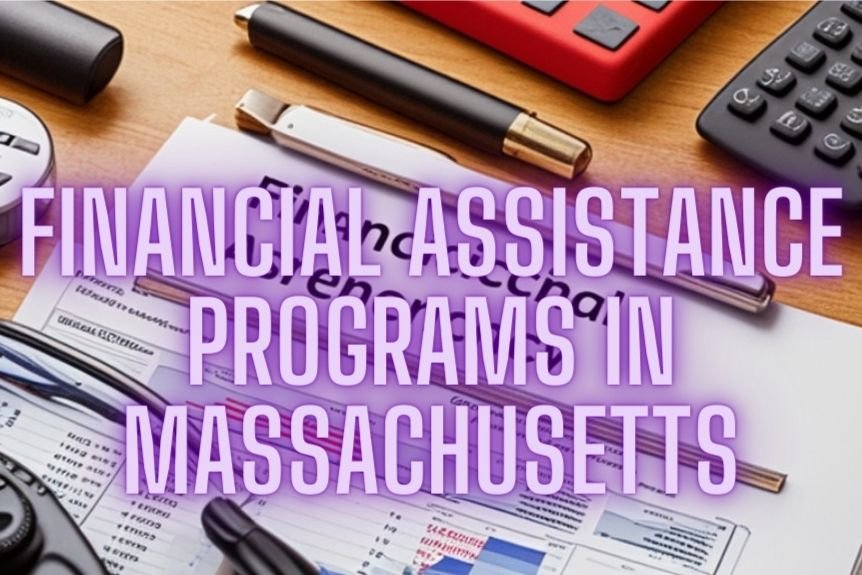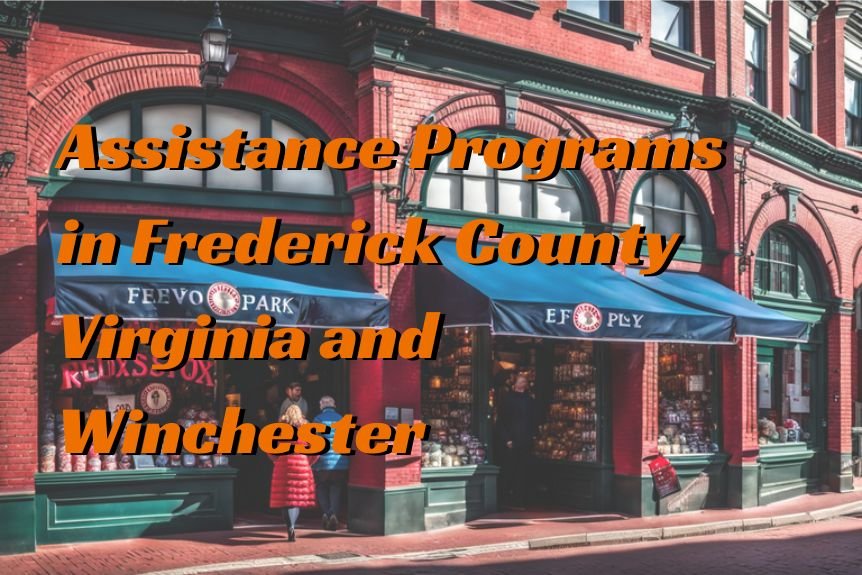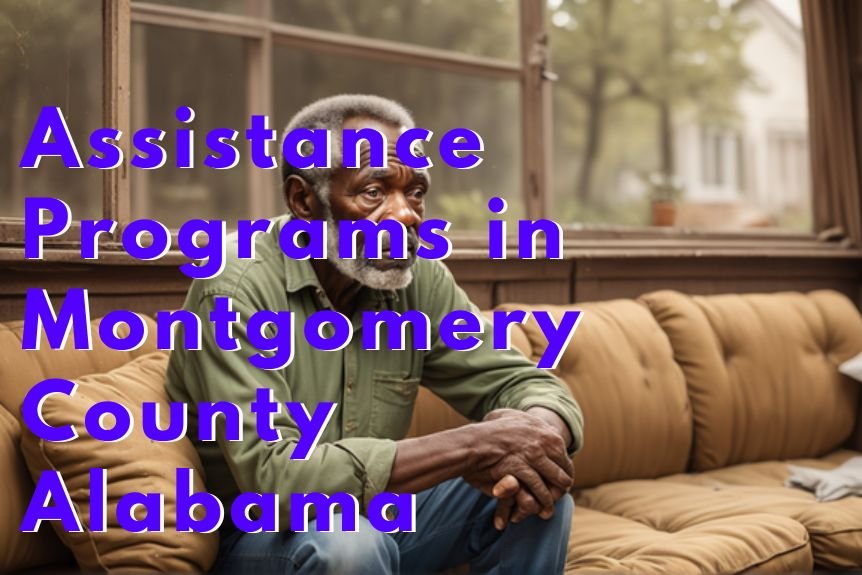When it comes to navigating the landscape of financial assistance in West Virginia, it’s essential to understand the top programs available to provide support during challenging times. From housing and food assistance to job training and financial aid, the state offers a range of options to help individuals in need.
But what makes these programs stand out, and how can they impact the lives of those seeking assistance? Let’s explore the details of these top financial support systems and discover how they can make a difference in West Virginians’ lives.
Housing Assistance Programs

If you’re seeking assistance with housing in West Virginia, the state offers various programs designed to provide rent and housing vouchers to individuals and families in need. Housing Assistance Programs in West Virginia aim to ensure that everyone has access to affordable housing options. These programs include rent assistance vouchers and emergency financial assistance for those facing housing crises or homelessness.
Moreover, West Virginia provides Foreclosure Counseling and Mortgage Relief programs to help homeowners stay in their homes and avoid foreclosure. Prevent Homelessness programs offer resources and support to individuals and families at risk of losing their housing. For eligible seniors, the Golden Mountaineer Discount Card not only provides discounts but also offers housing assistance.
Food Assistance Programs

Food assistance programs in West Virginia offer vital support to eligible individuals and families by providing monthly benefits for purchasing food through SNAP (Food Stamps) and immediate help during crisis situations via the Emergency Assistance Program (EAP).
- SNAP Benefits: SNAP, commonly known as Food Stamps, provides crucial assistance by offering monthly benefits that can be used to buy food, helping individuals and families facing financial difficulties to ensure access to nutritious meals.
- Emergency Assistance Program: The Emergency Assistance Program (EAP) steps in during crisis situations to provide immediate aid for basic needs, including food, to alleviate hardships faced by individuals in West Virginia.
- Hardship Grants and Legal Aid: In addition to SNAP and EAP, individuals struggling with food insecurity may find relief through Hardship Grants and Free Legal Aid services that can help them navigate food assistance programs and address legal issues, ensuring they’ve access to the support they need.
These programs, combined with Rent and Housing Assistance Vouchers, aim to provide stability in housing and food security for those in need in West Virginia.
Financial Support and Job Training

Amidst the array of financial assistance programs available in West Virginia, a comprehensive focus on financial support and job training stands out as a pillar of stability for individuals seeking self-sufficiency and economic empowerment. Job training services provided by Community Action Agencies and Government WorkForce Centers offer crucial support in enhancing skills and securing employment. These programs not only assist with job placement but also provide valuable resources such as free internet access, transportation aid, and budgeting assistance to facilitate the transition into the workforce.
Moreover, initiatives like the WV WORKS program play a vital role in promoting self-sufficiency among families by offering monthly cash assistance and promoting financial independence. By incorporating debt management strategies and budgeting resources, individuals can work towards improving their financial well-being and achieving long-term stability. This comprehensive approach to financial assistance not only addresses immediate needs but also equips individuals with the tools and support necessary to thrive in the job market and attain self-sufficiency.






